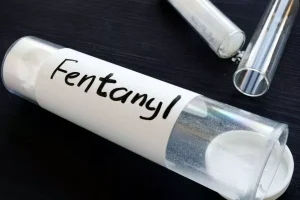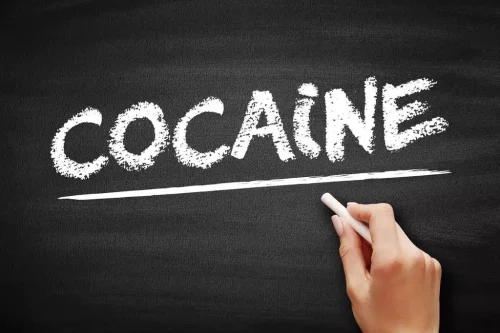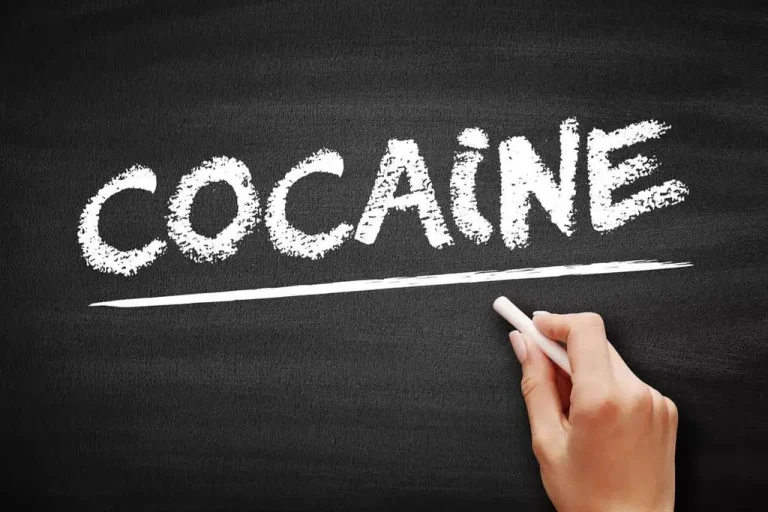
Some patients may want to change their relationship with alcohol, even though they aren’t addicted. Therapy and support groups can help these patients establish healthy boundaries and habits. The kidneys are responsible for filtering waste products and excess fluids from the blood. The extra workload and toxic effects of alcohol can wear down the kidneys, potentially leading to kidney damage 2. When it comes to long-term alcohol consumption, there are several implications that can affect the body’s overall health.

Sweating due to alcohol withdrawal
- In cases where alcohol dependence or alcohol use disorder is diagnosed, seeking treatment from a specialized facility may be necessary.
- If you are experiencing excessive sweating from drinking alcohol, it is best to try to cool down.
- Learn about drug detox duration, factors impacting timelines, and common withdrawal symptoms.
- To mitigate the risk of dehydration and subsequent night sweats, it is important to prioritize hydration when consuming alcohol.
- Take the first step towards a brighter, alcohol-free future with Zinnia Health today.
Repeated episodes can lead to poor sleep and then fatigue the sweating after night of drinking following day. Alcohol-related liver disease also does not usually cause symptoms until the liver is severely damaged. Night sweats are often self-limiting and not a cause for medical intervention. However, if they persist, recur, or happen alongside other symptoms, help may be necessary.
What Causes You to Sweat While Drinking Alcohol?
This heat production can contribute to an increase in body temperature, potentially leading to night sweats. Talk with your healthcare professional if you’re concerned that frequent heavy drinking may lead to serious problems, such as alcohol withdrawal. Moderating alcohol consumption is perhaps the most effective way to prevent night sweats. This doesn’t necessarily mean you have to completely abstain, but being mindful of how much you’re drinking can make a significant difference. Try to stick to recommended guidelines for alcohol consumption and be aware of your personal limits.
World COPD Day 2024: Chronic Obstructive Pulmonary Disease may trigger sinusitis
Because alcohol increases blood flow and often causes sensations of overheating or excessive perspiration, heavy drinking is especially risky in cold weather. While alcohol makes us feel warmer, it also inhibits our biological functions that actually help raise body temperature, such as shivering and respiratory rate. Moreover, alcohol impairs cognitive function, so someone under the influence may not recognize the risks of cold weather. The combination of “feeling warm” but having a decreased body temperature and cognitive awareness contributes to an increased risk of hypothermia when drinking in cold environments. It’s crucial for individuals experiencing alcohol withdrawal to seek professional help, especially when symptoms are severe. Treatment programs and support groups can offer the necessary resources and community understanding to navigate the detoxification process and beyond toward recovery.
- As the primary organ responsible for breaking down alcohol, the liver works overtime when we drink.
- Another circumstance where alcohol consumption can lead to sweating is an alcohol-related skin reaction.
- When it comes to alcohol consumption, there are certain risks and complications that can arise, including the potential for night sweats.
- Understanding the underlying causes of night sweats and taking appropriate measures can contribute to a better night’s sleep and overall well-being.
It’s a phenomenon that affects people across various demographics, serving as a stark reminder of the complex relationship between alcohol consumption and our body’s physiological processes. Night sweats, which refer to excessive sweating during sleep, can be a common occurrence for individuals who consume alcohol. There are several causes behind night sweats related to alcohol consumption, including the effects of alcohol on the body and its connection to alcohol withdrawal.
It’s important to identify the underlying cause of night sweats to effectively manage and treat the condition. If night sweats persist or occur regularly, it is recommended to consult a healthcare professional for further evaluation and guidance. Maintaining a comfortable bedroom temperature can also contribute to managing night sweats.

During sleep, when your body’s temperature naturally drops, this alcohol-induced vasodilation can disrupt your normal temperature regulation, leading to excessive sweating. Waking up in a puddle of your own perspiration after a night of revelry is nature’s not-so-subtle way of reminding you that your body has a bone to pick with your drinking habits. This uncomfortable experience, known as alcohol-induced night sweats, is a common occurrence for many individuals who indulge in alcoholic beverages.

This brain reaction after alcohol intake can raise heart rate, increase blood flow, and widen blood vessels, causing profuse sweating after alcohol is consumed. Alcohol impacts our entire body, and causes many side effects that aren’t often spoken about. If you frequently experience day or nighttime sweating after drinking, it could be an important sign that you’ve developed an unhealthy relationship with alcohol. Learning more about this alcohol-related symptom can help you understand why night sweats after alcohol can occur, and how to find relief. Alcohol intolerance can significantly impact the quality of life, causing discomfort and distressing Halfway house symptoms like night sweats.
Known as postpartum hot flashes, these sudden feelings of warmth and sweating often occur in the weeks or months following childbirth. Understanding why these happen and how to manage them can bring relief during this transition period. Discover safe drug detox treatment options to manage withdrawal with medical support, tailored programs, and expert care for a strong start on the path to recovery. By implementing these strategies, you can take control of your night sweats and improve your overall sleep experience. It’s important to note that while these techniques can be effective, they’re not a substitute for responsible drinking habits. But ask your healthcare professional if this is safe for you and how much medicine is best for you.